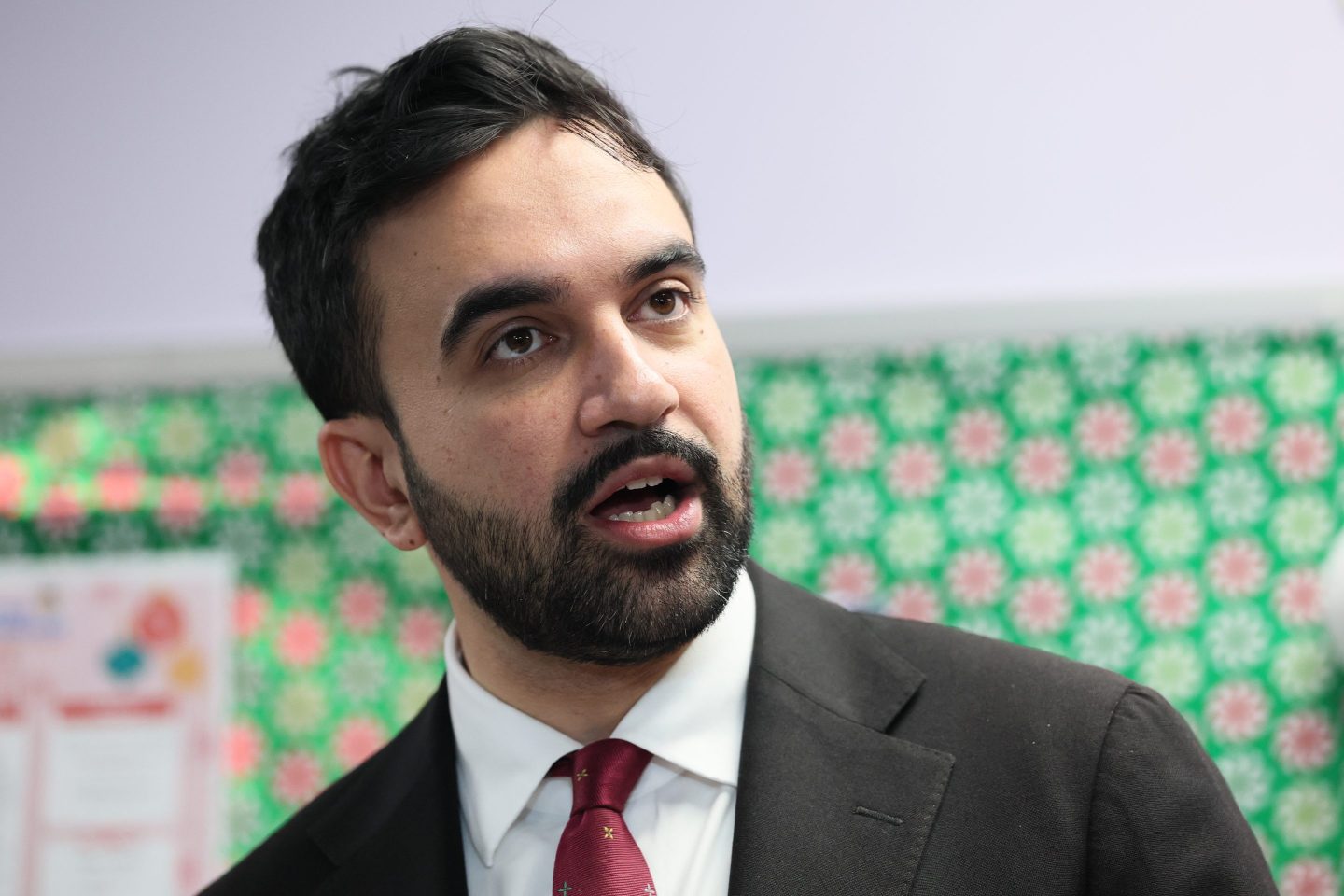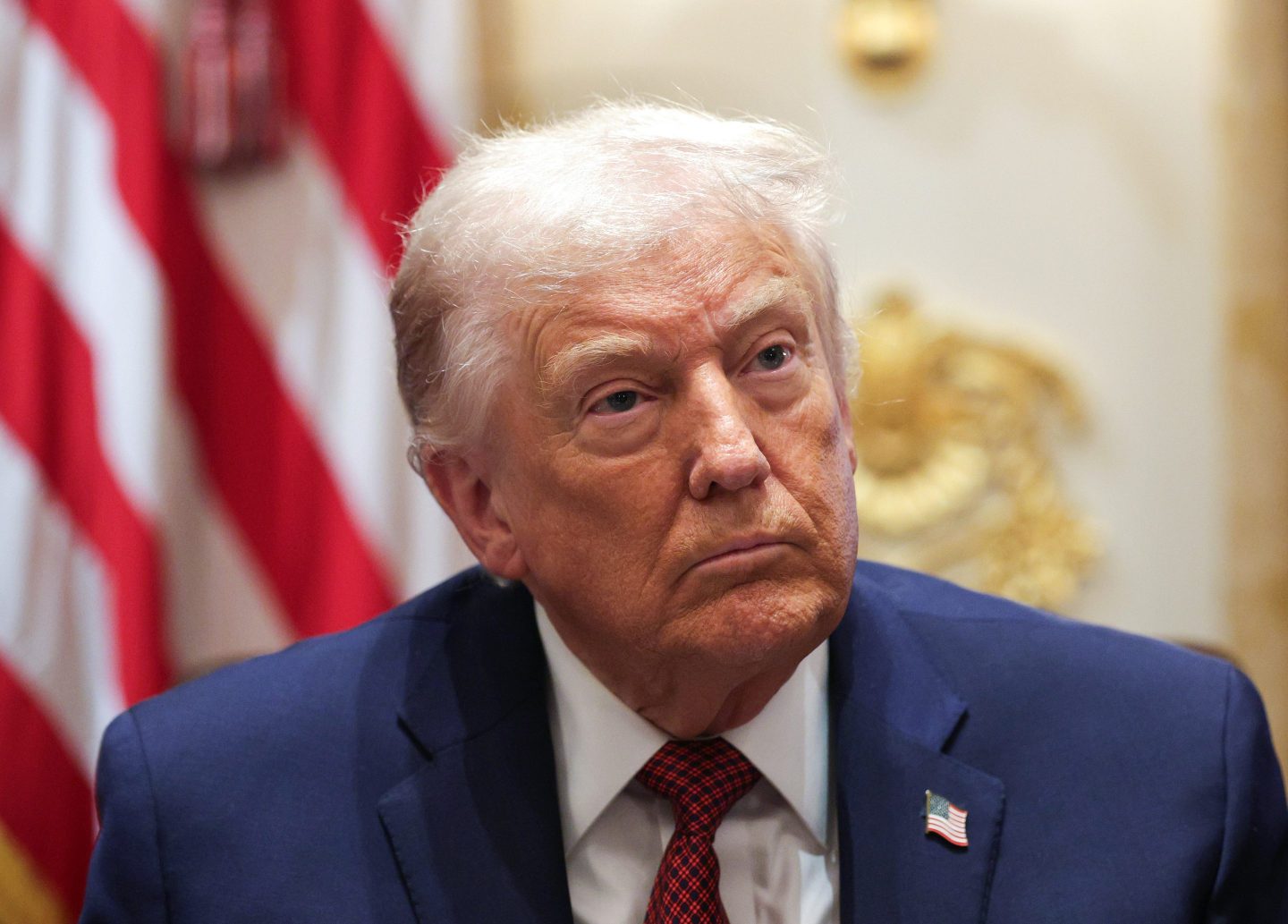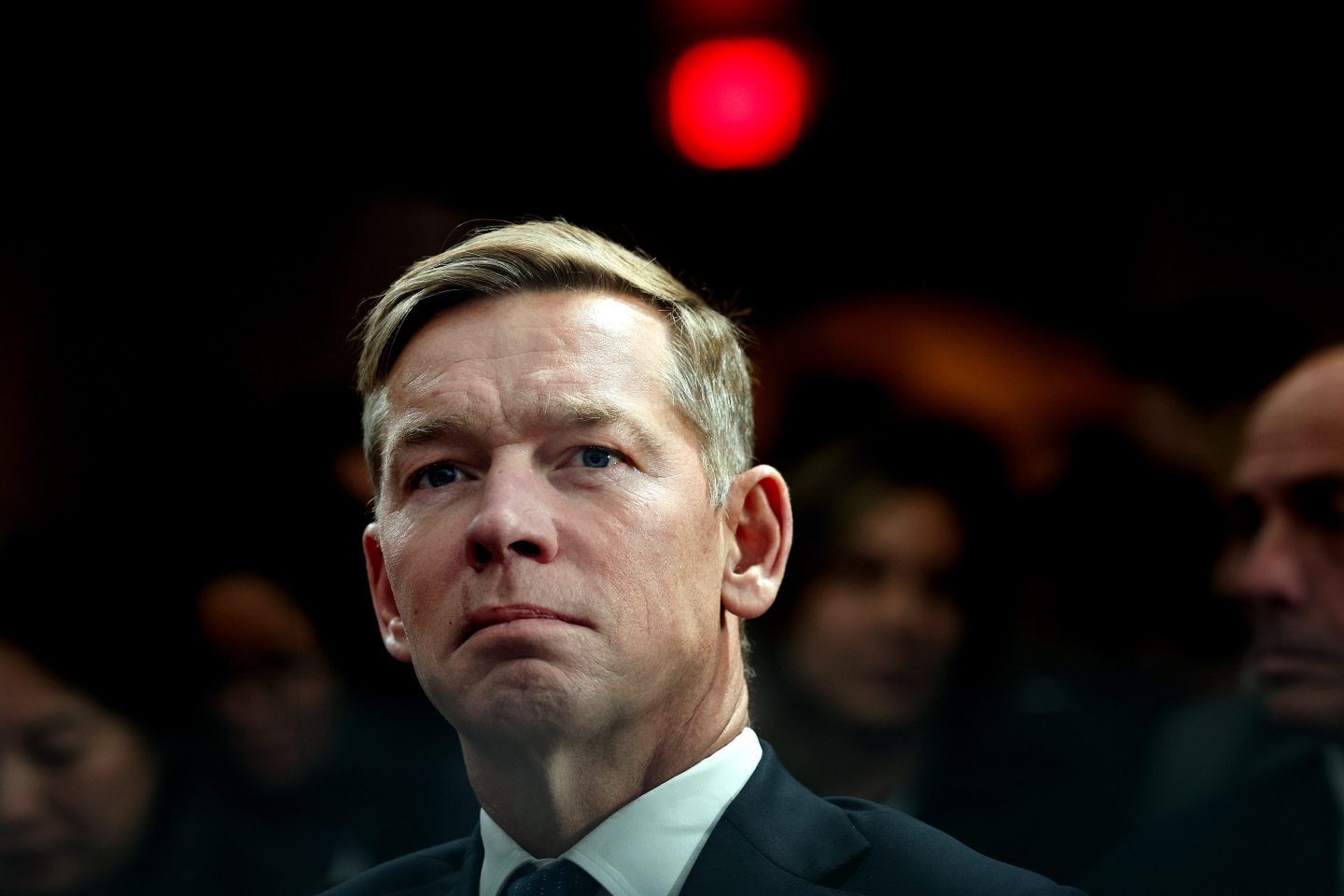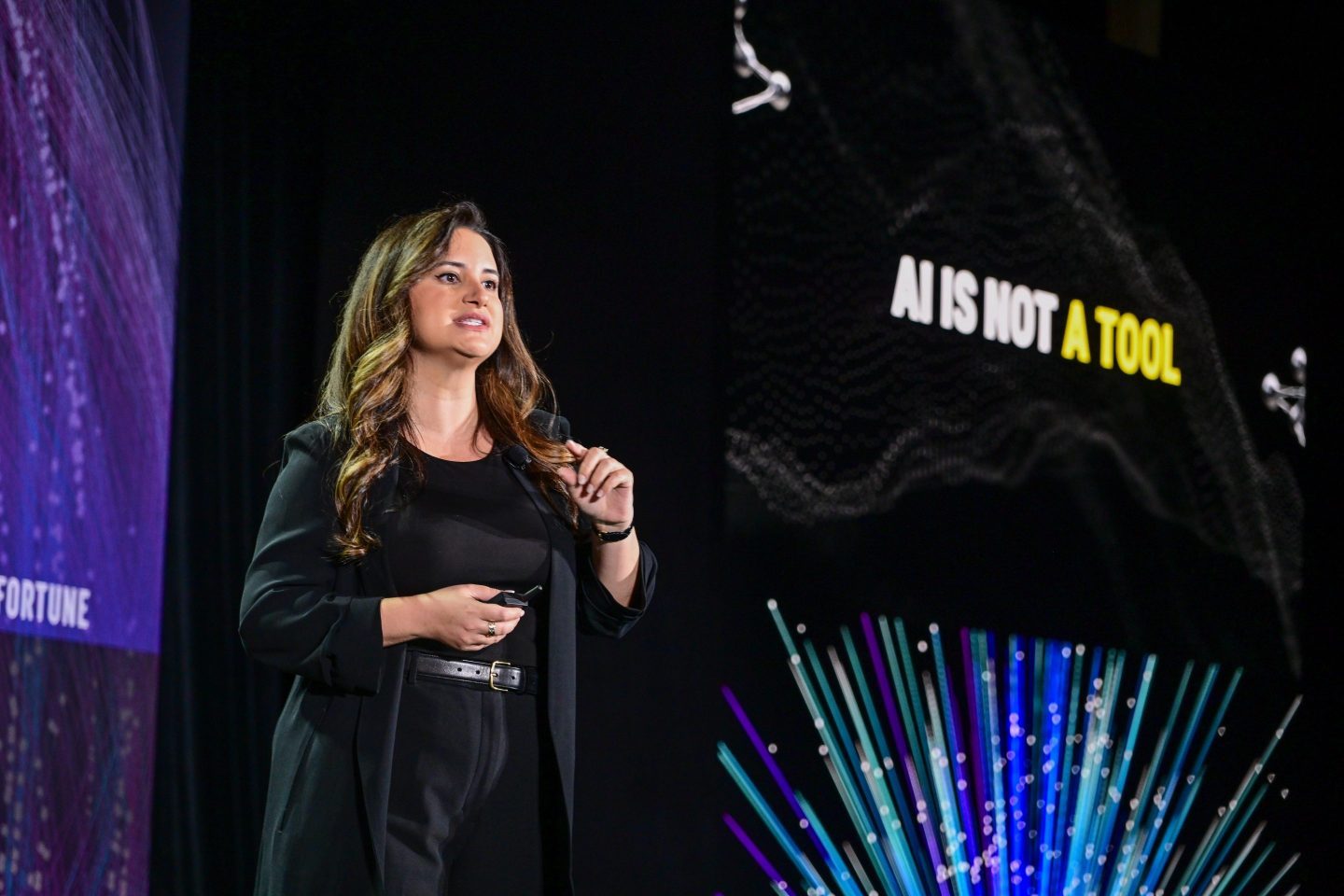Winning means never having to say you’re sorry. That truth held for months in the presidential contest. It collapsed this week in an arguably unlikely place. The first meaningful expression of contrition in the race came not from Donald Trump, for any of his unbroken stream of outrages, but from the other frontrunner, Hillary Clinton. On Tuesday, in an interview with ABC News, she uttered an unqualified mea culpa for her use of a private email server while Secretary of State, a controversy increasingly menacing her campaign.
Clinton did not come by this apology willingly. You could see it on her face in the ABC interview, in which she wore a smile meant to convey warmth and transparency that presented instead as a rictus of barely-concealed contempt. Further evidence was offered up by a New York Times account of the backstory: Close friends and senior operatives, seized by growing alarm over the threat posed by the email flap, finally succeeded in prevailing on a candidate who maintains privately she did nothing wrong.
And why should Clinton apologize, when Trump daily defies our most basic conventions of decency without so much as a shrug? In part because some double standards are deserved. We expect more from a former two-term Senator and Secretary of State than we do a glorified carnival barker. Not to mention the qualitative distinction between their transgressions — nothing Trump’s done has prompted a national security review by the Justice Department.
Yet as a matter of strategy, the two don’t occupy parallel universes. Clinton could learn a leadership lesson from Trump’s uninterrupted rise, though it may be too late to apply it. Jeffrey Pfeffer, a Stanford Graduate School of Business professor, says Trump’s unapologetic bombast is precisely what draws people to him, despite what qualities they might otherwise claim to want in a leader. Pfeffer’s new book, Leadership BS, argues that honesty and humility are overrated. What people seek in their leaders instead is forceful self-promotion bordering on narcissism that crowds out any consideration of uncertainty. And Clinton has appeared to be equivocating since she first addressed the email issue back in a March press conference, acknowledging at the time her decision to set up a private server was likely inadvisable in retrospect. “Once you start retreating, the question becomes where do you stop?” Pfeffer says. “This will continue. There’s blood in the water.”












